Maris Fessenden is a freelance journalist and illustrator based in Bozeman, Montana. They report and write about scientific methods, genetics, health, wildlife and ecology, and the intersection of science and art.
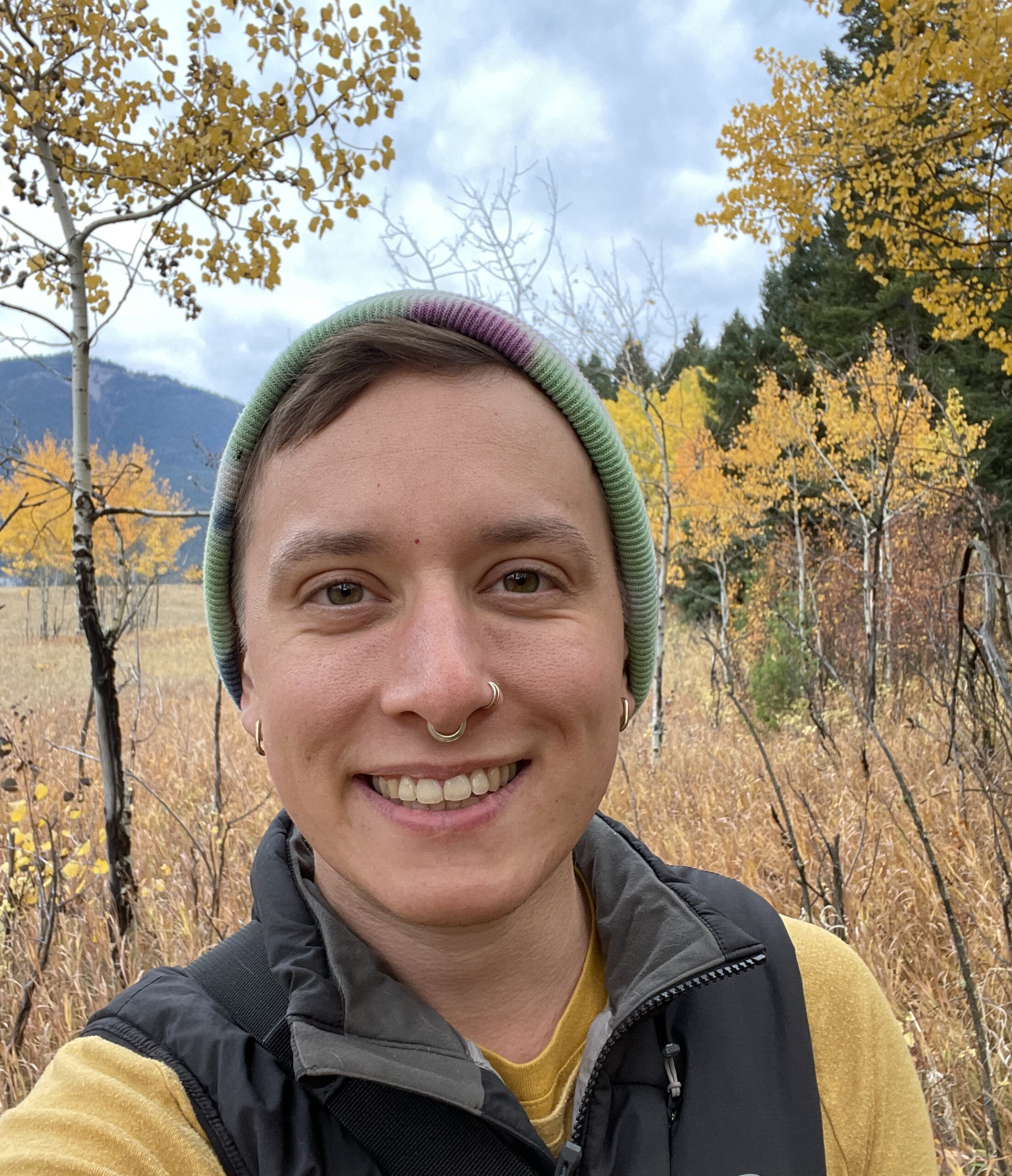
Maris Fessenden
Contributing writer
Freelance
From this contributor
Lightweight system captures brain activity while mice jump
A thin “micro-tether” and rotating connector facilitate uninterrupted, hours-long neural population recordings as the animals freely explore their environment.
Lightweight system captures brain activity while mice jump
Atlas of developing brain reveals rainbow of cell types
An online resource reveals all major cell types in the developing human brain during the period in which autism is thought to arise.
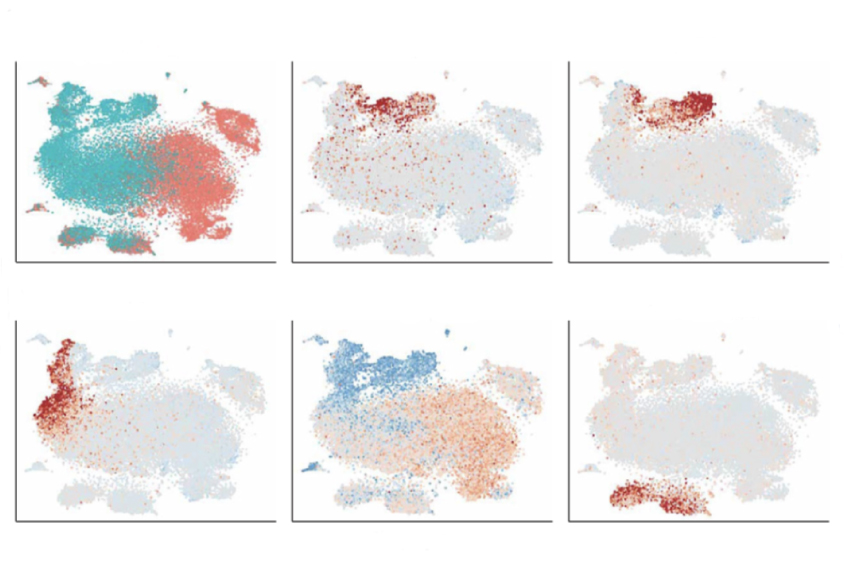
Atlas of developing brain reveals rainbow of cell types
New method dramatically scales up mapping of active genes in cells
A new technique enables scientists to isolate, and chart gene expression in, tens of thousands of cells at once.
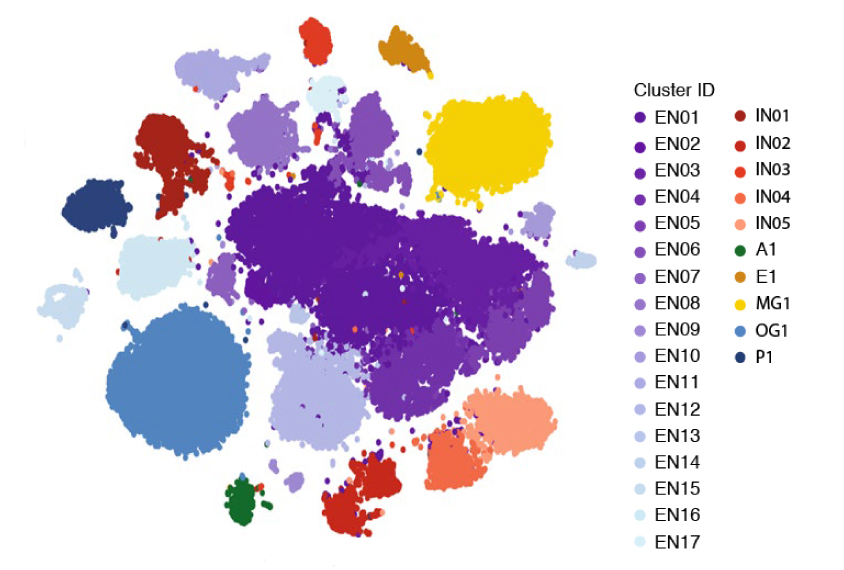
New method dramatically scales up mapping of active genes in cells
Online platform offers one-stop shop for studying brain circuits
A browser-based platform simulates functional neuronal circuits in the brain regions of several species.
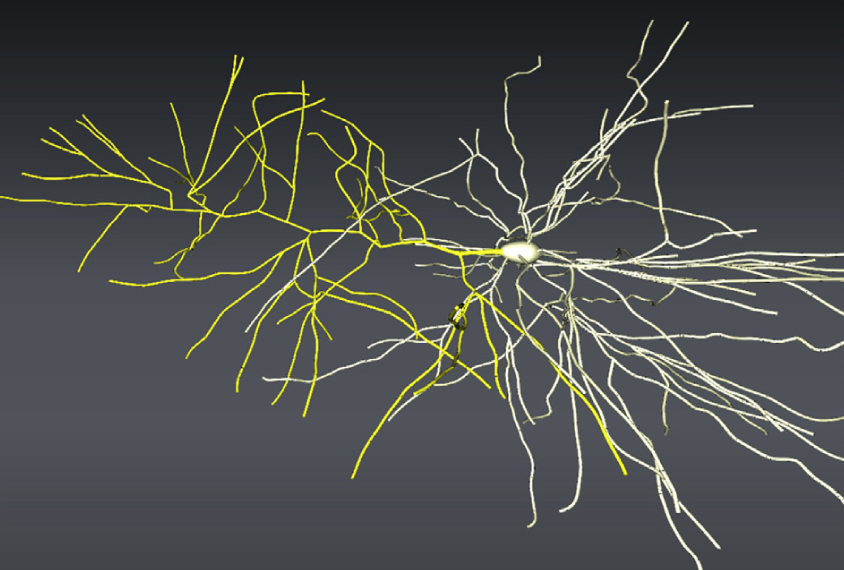
Online platform offers one-stop shop for studying brain circuits
Database, lab tricks may crack secrets of the synapse
Two new resources may aid the study of synapses, the junctions between neurons.
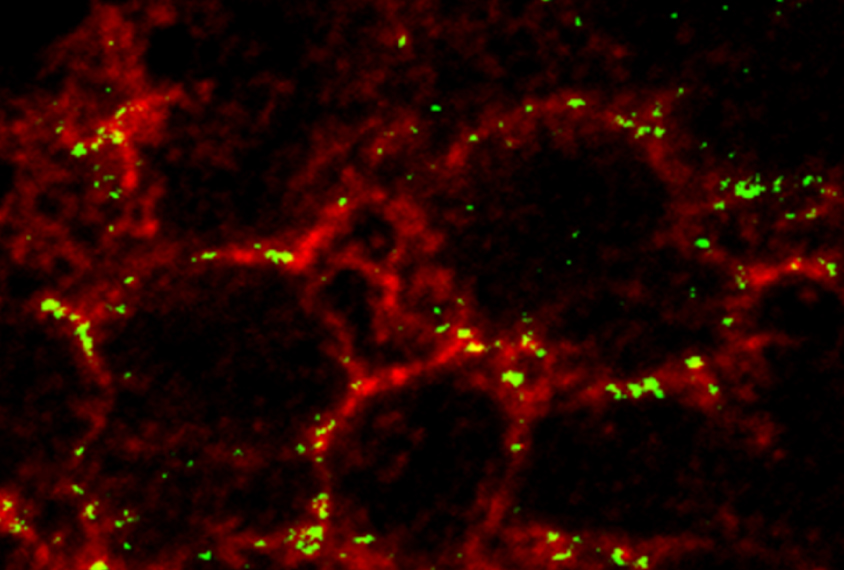
Database, lab tricks may crack secrets of the synapse
Explore more from The Transmitter
Dendrites help neuroscientists see the forest for the trees
Dendritic arbors provide just the right scale to study how individual neurons reciprocally interact with their broader circuitry—and are our best bet to bridge cellular and systems neuroscience.

Dendrites help neuroscientists see the forest for the trees
Dendritic arbors provide just the right scale to study how individual neurons reciprocally interact with their broader circuitry—and are our best bet to bridge cellular and systems neuroscience.
Two primate centers drop ‘primate’ from their name
The Washington and Tulane National Biomedical Research Centers—formerly called National Primate Research Centers—say they made the change to better reflect the breadth of research performed at the centers.

Two primate centers drop ‘primate’ from their name
The Washington and Tulane National Biomedical Research Centers—formerly called National Primate Research Centers—say they made the change to better reflect the breadth of research performed at the centers.
Post-infection immune conflict alters fetal development in some male mice
The immune-conflict between dam and fetus could help explain sex differences in neurodevelopmental conditions.

Post-infection immune conflict alters fetal development in some male mice
The immune-conflict between dam and fetus could help explain sex differences in neurodevelopmental conditions.